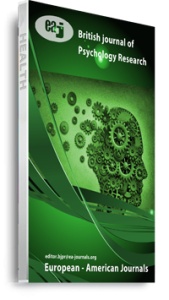On the 17th March, 2020, the British government announced that due to school closures during the height of the pandemic, GCSE and A–Level grades would be determined on the basis of teachers’ assessments and evidence of students’ hitherto attainments. England’s Education Secretary, Gavin Williamson, emphasised that “grades awarded this summer will accurately reflect students’ abilities and will be as valid this year as any other“.To test this assertion, this quantitative research study independently examined the predictive accuracy of using past performances and teacher judgments to anticipate students’ final grade outcomes among 84 third–year university students at a private university located in the outskirts of Bangkok. After assessments were formally graded, the mean end-of-year English score for 2018-2019 was calculated at 59.94%, which was significantly different to the average standard attained previously in 2017-2018 (54.36%; sig, p <0.05). Nonetheless, in disagreement with prior literature, teacher judgments proved to be statistically reliable (57.98%, not sig, p <0.05). Further implications, research recommendations and policy considerations are also discussed in this paper.
Keywords: Accuracy, Judgment, Performance, Teacher, attainment

